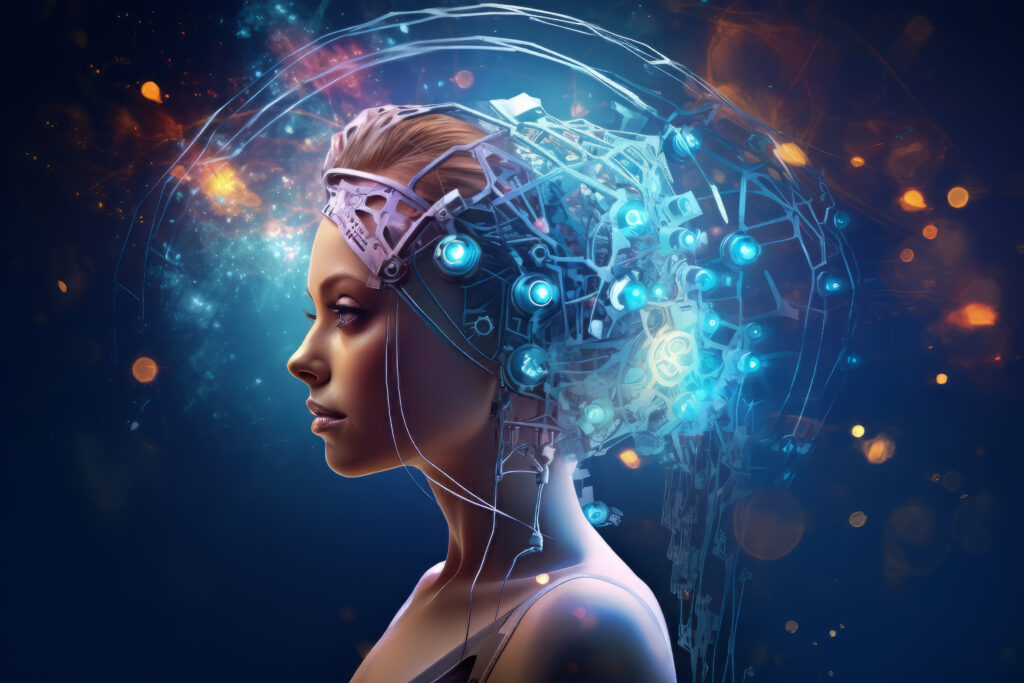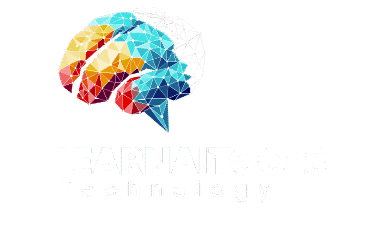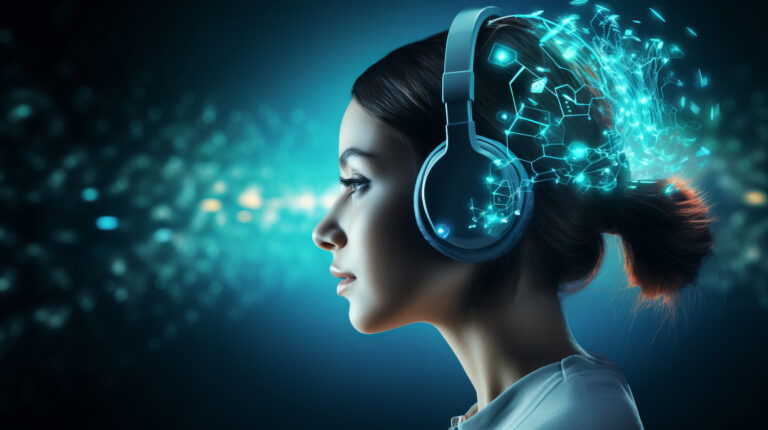AI Mental Health 2025: Transforming Emotional Well-Being with Technology
Introduction
AI Mental Health 2025 is not just about digital innovation—it’s about creating a safer, more compassionate, and more accessible future for emotional well-being. Mental health challenges like anxiety, depression, and stress are rising worldwide, and traditional healthcare systems often struggle to provide timely support. By 2025, artificial intelligence has become a bridge between people in need and timely, affordable, personalized care.
In this article, we will explore how AI Mental Health 2025 is reshaping therapy, early detection, support systems, and the broader wellness ecosystem.
Why AI Mental Health 2025 Matters
AI Mental Health 2025 is important because mental health has become a global crisis. According to WHO, 1 in 8 people live with some form of mental health disorder. With increasing social isolation, economic pressures, and lifestyle stressors, the demand for scalable solutions is urgent.
AI is uniquely positioned to:
- Detect early warning signs of depression, anxiety, and stress.
- Offer real-time support through chatbots and digital therapists.
- Provide personalized therapy plans based on individual data.
- Bridge gaps in accessibility, especially in rural or underserved areas.

AI Tools and Platforms in Mental Health
By 2025, numerous platforms use AI to enhance mental health services:
- AI Chatbots & Virtual Therapists – Apps like Woebot and Wysa already simulate conversations to provide comfort and CBT (Cognitive Behavioral Therapy). By 2025, these tools are more advanced, offering empathetic, real-time support.
- Mood Tracking & Predictive Analytics – AI systems analyze voice, facial expressions, sleep patterns, and wearable device data to predict emotional states.
- Personalized Mental Health Plans – Based on user behavior and medical history, AI recommends custom therapy sessions, mindfulness exercises, or lifestyle changes.
- Emergency Alerts – If an individual shows signs of self-harm or suicidal thoughts, AI Mental Health 2025 platforms can alert professionals or loved ones immediately.
Benefits of AI Mental Health 2025
The rise of AI in mental health care offers multiple benefits:
- Accessibility: People can connect with AI-driven platforms anytime, anywhere.
- Affordability: AI tools are often cheaper than traditional therapy.
- Scalability: Millions of users can access mental health care simultaneously.
- Personalization: Each user receives tailored support rather than generic advice.
- Stigma Reduction: Many people feel more comfortable talking to AI first before reaching out to human professionals.
Ethical Challenges in AI Mental Health 2025
While the potential is massive, AI Mental Health 2025 also faces serious challenges:
- Data Privacy – Sensitive mental health data must be protected.
- Bias in Algorithms – AI systems must be trained on diverse datasets to avoid cultural or social bias.
- Over-Reliance – AI should assist, not replace, human therapists.
- Trust and Transparency – Users must know how their data is used and how decisions are made.
Ethical frameworks and strict regulations are needed to balance innovation with responsibility.
Real-World Applications in 2025
AI Mental Health 2025 is already shaping real-world solutions:
- Workplaces use AI-driven wellness apps to monitor employee stress and suggest breaks or mental health activities.
- Schools and Universities adopt AI platforms to support students coping with exam stress, bullying, or career anxiety.
- Hospitals and Clinics integrate AI assistants to help therapists track patient progress more efficiently.
- Government and NGOs deploy AI mental health solutions in crisis zones, refugee camps, and remote villages.
AI Mental Health 2025 in Healthcare Ecosystem
Mental health is no longer treated as a separate issue. Instead, AI integrates it with overall healthcare:
- Linking mental and physical health data for holistic treatment.
- Using AI to detect stress-related conditions like hypertension or insomnia.
- Creating global databases for mental health research, supported by AI analytics.
Heading Example with Keyword
The Future of AI Mental Health 2025
Looking ahead, AI Mental Health 2025 will continue evolving. With the rise of advanced natural language processing, emotion recognition, and brain-computer interfaces, AI is becoming more empathetic and human-like in offering support.
We can expect:
- AI companions capable of long-term therapy.
- Integration with VR/AR to simulate safe environments for exposure therapy.
- Global mental health networks powered by AI, connecting professionals and patients across borders.
Case Study Example
A 2025 startup launched an AI-powered platform that detects early signs of depression through smartphone usage patterns. By analyzing tone of voice, text frequency, and even emoji usage, the AI alerts users to potential risks. This proactive approach has already helped thousands of people seek help before their condition worsens.
Conclusion
AI Mental Health 2025 represents a turning point in emotional wellness. By combining empathy with intelligence, AI is creating accessible, personalized, and stigma-free mental health care. While challenges around privacy, trust, and ethics remain, the opportunities far outweigh the risks.
As we move forward, AI Mental Health 2025 is not just a technological breakthrough—it is a social revolution, ensuring that mental health care becomes a universal right rather than a privilege.




